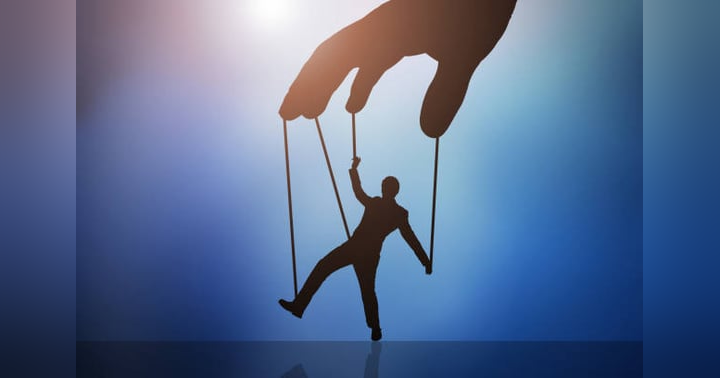Understanding Grief and Men’s Mental Health

Grief is a universal experience, yet how individuals process it can vary significantly. For men, societal norms and traditional expectations often shape the way they navigate emotional pain. From a young age, many men are conditioned to associate strength with emotional restraint, making it difficult to express vulnerability when facing loss. This internalized stigma can lead to isolation and unprocessed grief, which, over time, may manifest as physical health issues, strained relationships, or mental health challenges like anxiety and depression. Recognizing these unique barriers is the first step toward fostering healthier grieving practices for men.
Breaking the Silence Around Grief
One of the biggest challenges men face when dealing with grief is the pressure to maintain a façade of stoicism. While women are often encouraged to seek support and express their feelings, men may feel obligated to "stay strong" for their families or suppress their emotions out of fear of appearing weak. However, unaddressed grief doesn’t disappear—it lingers and affects well-being in profound ways. By creating safe spaces where men can openly share their experiences without judgment, we can help dismantle these outdated stereotypes. Whether through peer support groups, therapy, or simply honest conversations with loved ones, breaking the silence is essential to healing.
The Male Mind and Grief
Research suggests that men often process grief differently than women. While some may immerse themselves in work or other distractions, others may adopt action-oriented coping mechanisms, such as organizing charitable events or engaging in projects that honor their lost loved ones. These approaches are not inherently wrong but can sometimes serve as an avoidance strategy. Encouraging men to balance action with reflection can lead to a more holistic healing process. It's vital to emphasize that there is no "right" way to grieve; each person’s journey is deeply personal and deserves validation.
Encouraging a New Perspective
Cultural shifts toward emotional literacy and mental health awareness are beginning to challenge long-standing norms. By normalizing the idea that grief is not a weakness but a testament to love, we can empower men to embrace their emotions without fear of judgment. Fathers, brothers, and friends can model this vulnerability for the next generation, helping to create a world where emotional resilience and openness go hand in hand. Together, we can redefine strength—not as the absence of emotion but as the courage to confront, express, and grow through it.
For more on this, please listen to Episode 6, A Man's Perspective on Grief with Jason Tuttle.


